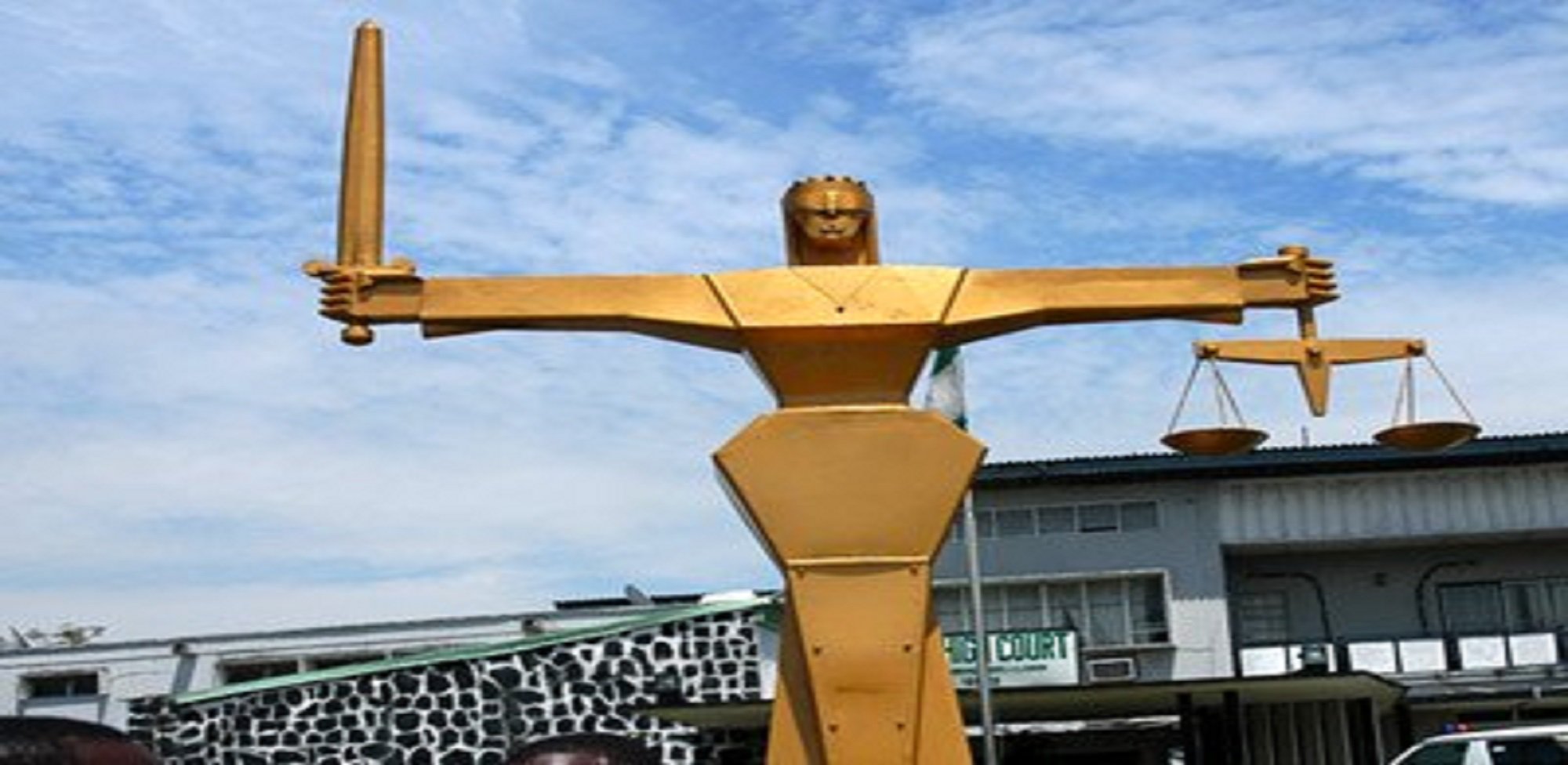Ladipo Sanusi
The Lagos Division of the Court of Appeal, on Monday, ordered the Chief Judge of the Federal High Court to re-assign a suit seeking to upturn the order barring the proposed increase in electricity tariffs to a new judge.
The upper court held that the Federal High Court violated the right to fair hearing of the Nigerian Electricity Regulatory Commission (NERC), when the case was first brought before it.
It added that the judge that heard the case, Justice Mohammed Idris, committed “a grave error” by his judgment.
A lawyer and human rights activist, Toluwani Adebiyi, had sued NERC over the proposed electricity tariff increase.
Justice Idris, subsequently, made an interim order that status quo be maintained, thus barring NERC from increasing the tariffs.
Dissatisfied with the interim order, NERC, through its lawyer, Chief Anthony Idigbe (SAN), filed a motion on notice seeking to discharge the interim order, but this was dismissed on the ground that it was filed outside the seven days prescribed by the court’s rules.
Justice Idris similarly dismissed NERC’s preliminary objection on the basis that it was also filed out of time.
Still not satisfied with these two decisions, NERC headed to the Appeal Court to challenge the Federal High Court’s ruling.
Delivering judgment, on Monday, Justice Abraham Georgewill held that Justice Idris misused his powers of discretion.
The appellate court held that Justice Idris “approbated and reprobated” when he heard NERC’s application to regularise its processes, and still set aside the appellant’s motion to discharge the interim order.
The upper court further noted that Justice Idris relied on technicality in denying NERC of fair hearing, thereby occasioning a miscarriage of justice.
Justice Georgewill said: “The trial court accorded undue reverence and relevance to technicality. The era of technical justice is gone in our courts. Substantial justice is key.”
Holding that NERC’s motion on notice seeking to discharge the ex-parte order was competent, Justice Georgewill said “a breach of right to fair hearing renders the entire proceedings a nullity”.
He further held that Justice Idris “engaged in injudicious and capricious exercise of discretion, which is a flagrant breach of Section 36 of the 1999 Constitution”.
The judge added: “This is a clear case of travesty of justice to hear the plaintiff’s case after striking out the motion on notice to discharge the order. The law should take its course. The court below failed to observe the principle of fair hearing, which is a rule of natural justice.
“The right to fair hearing is not a cosmetic right. It is a fundamental right. While justice need not be delayed, it need not be rushed.
“The appeal, hereby, succeeds. The case is consequently remitted to the lower court for another judge to determine the case as may be assigned by the Chief Judge.
“Going by the grave error of the court below, the motion on notice is remitted for same to be heard and determined expeditiously. The appeal has merit. The entire proceedings of the lower court are hereby set aside. There shall be no order as to cost.”
The appeal court also upheld the appeal by NERC and the Distribution Companies (DISCOs) challenging the dismissal of their preliminary objection.
The court, however, dismissed an appeal filed by Zikglass Networks Ltd, describing the company as a “meddlesome interloper”.
“That a person is a party to a suit does not mean he has the right to appeal a decision which has not affected him. That will be a mere academic exercise. This is a needless appeal which did not raise any question for determination,” the court ruled.
0






